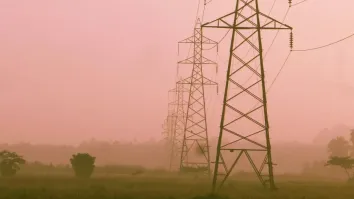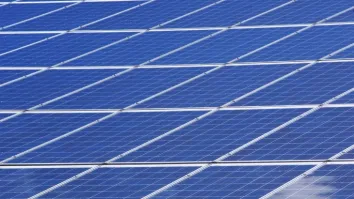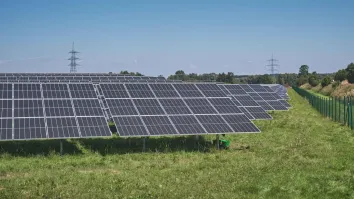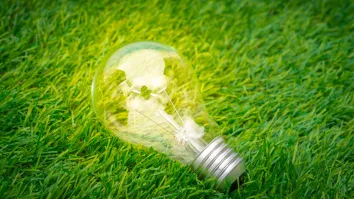Building the business case for hydropower companies to employ more women
By Kate Lazarus & Amy LuinstraHydropower is traditionally a male-dominated field. This is not to say that female engineers, hydrologists, plant managers, or even CEOs do not exist. They do. But globally, women are grossly underrepresented in the hydropower field. Further, even when present, their talent is more often underutilized. This must change; simply because there is a business case to integrate more women into the hydropower-industry workforce.
A study prepared for the World Bank found that output per worker in East Asia and Pacific countries could actually be 7 to 18 percent higher if female entrepreneurs and workers worked in the same sectors, types of jobs, and activities as men. In Brazil, the Santo Antonio hydro-electricity plant nearly tripled the national average of women in technical jobs during its construction phase. By training locals including many women for jobs traditionally held by men instead of flying workers in and out of the remote site, the plant saved $9 for every $1 invested. The Itaipu Dam, also in Brazil, increased gender diversity and family-friendly benefits led to increased employee satisfaction.
There are advantages to having more women in the workforce in the hydropower sector in Asia. The International Finance Corporation–a member of the World Bank Group–launched a new gender initiative earlier this month to build that business case and demonstrate the benefits of employing more women in hydropower companies. The initiative–Powered by Women–plans to improve understanding of gender gaps in the hydropower industry in Asia by igniting research on current trends in the sector. Supported by the Australian government, Powered by Women was launched in Myanmar, where there is an urgent need to make hydropower more sustainable.
Trends in the power industry globally demonstrate the scale of the challenge to improve gender diversity. Accounting firm, EY’s 2016 Women in Power and Utilities Index reports that women make up only 5 percent of workers in the power companies that participated in the study. The study indicates only meager annual increases of women workers in hydropower; around 1 percent per year.
There is abundant literature on how energy constraints in the household affect women. They are primarily responsible for collecting firewood and cooking. But, there is very little information on the importance of women’s roles as leaders in the energy sector, or hydropower specifically. According to a 2016 report by the ADB and the United Nations–Gender Equality and Women’s Rights in Myanmar: A Situation Analysis–women should be recognized as leaders in energy projects and must participate at all levels of decision-making to ensure a ‘gender-aware’ approach to promoting cleaner, more efficient energy systems. The report indicates that without understanding the demand-side, supply side solutions may be inadequate.
There are lessons for emerging economies such as Myanmar to help advance gender equity and ensure women do not get left behind as industries with employment opportunities, such as hydropower, take off. In Myanmar, Powered by Women aims to show companies that gender-smart workplaces make sense. By taking on gender-equity challenges, hydropower companies can stimulate business growth and efficiency and enhance sustainability. Likewise, gender inclusiveness in leadership can boost business and support women in households. Women could be the new face to promote sustainability in the hydropower sector. Now is the time for companies to join this initiative and make it happen.
If your hydropower company would like to join Powered by Women, please contact us for more information.


















 Advertise
Advertise





